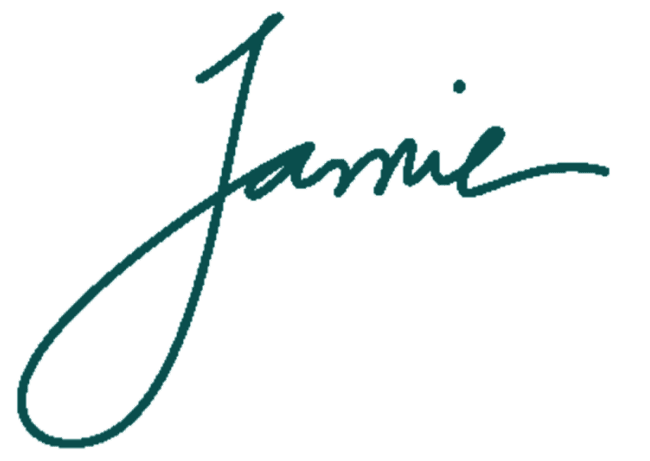
Hi there. Nice to see you again.
You know, memory is a funny thing. For some reason, I can remember random moments – like the overpowering stench of smelt frying at 2 am after my dad’s fishing expedition, or lying in Kindergarten nap time, wide awake and bored out of my mind, annoyed that we had to waste time trying to nap instead of mastering our shoe-tying skills. Yet I somehow completely forgot how present stuttering was in my family’s daily life for so long. And was it ever present.
Perhaps the memory lapse has to do with a recollection that it rarely bothered me much. As my dad puts it, I didn’t have time to stutter, so I was “determined to figure it out and get over it”. For the most part, I just plowed on through. I was also blessed with a community of patient listeners. In fact, I only recently discovered that they all knew I stuttered, which is rather remarkable.
But, again, memory is a funny thing. Apparently, I subconsciously blocked out some big feelings.
Last month, I dug out my stuttering journal from the summers of 1992 and 1993 (I was 8-9 years old), written in my mom’s beautiful teacher script. The first few entries are written from my point of view, but about 1/3 of the way through, it shifts to my mom’s point of view:
- Jamie doesn’t seem to perceive a problem, but I think it’s pretty significant. Maybe she’s just growing accustomed to it?…Maybe she just doesn’t want to admit she has trouble.
- Today on the way home from school, Jamie had so much difficulty that she slapped her knees hard and started to cry, “I hate my stuttering. I’m the only person in school who does this. It’s never going to get any better.”
My first reaction was: “Wait. What?!” – a blunt-force awakening that slowly slid into “Huh. This kind of rings a bell…” By the end of the journal, I embraced the reality of a stutter that felt rather enormous to all of us.
A lot of vague memories sauntered in: how I thought stuttering was the worst, how I hated talking about it, how I hated going to speech class, and how I hated using the techniques that were supposed to help me manage it. I remembered the prickly sensation of admitting it existed. Focusing on stuttering meant that it limited me, and that was far too much yuck for an eight-year-old to handle.
In short, everything surrounding my stutter undermined who I wanted to be and who I thought I was: too smart and determined for stupid hindrances to my sacred gift of self-expression. (And boy, did I love to express myself!)
Reading the journal entries, a few key themes emerged:
- I had a hard time saying less, and I often talked fast — perhaps to make sure I got it all out before someone interrupted. I simply didn’t have time to slow down and practice the strategies that were supposed to help:
- Jamie said it gets hard to stop stuttering because she feels like she has to get everything out so fast. I asked her why she felt that way and she said she just wanted to get it over with so she could do whatever she was thinking of doing next.
- When I’m playing I don’t notice my stuttering very much, but when I tell long stories it gets harder…It was easy to talk when Kate was here. She doesn’t interrupt me very much.
- I loathed practicing speech strategies, preferring to just sing my way through sentences. More than a blessing, singing was a key coping strategy:
- I don’t like when I try to say something and I have to think about what to do…I’m trying to do slow down and use the things Mrs. B said but it happens so much it’s hard to do it…Sometimes when I have a block I try to sing the words and then it’s easier, but I don’t think I’m supposed to do that very much.
- Any form of “performance” magically transformed me into a freer communicator:
- Jamie had a friend over today and they put on a play. It’s amazing how fluent she was even with some long lines!
- I like to play store and use the amplifier. I have hardly any trouble when I do that…When I play with my friends it’s a lot easier. Also when I do plays I don’t have very much trouble either.
I allowed myself to step into these very fuzzy memories, to slip between the few words on each page. I wanted to cheer on younger Jamie and let her know it would all be okay! I also wanted to cheer on my mom, who obviously started analyzing in an attempt to figure out how to help me with something that none of us fully understood.
But, in the end, I left with gratitude. As I hope all those who stutter feel, my stutter only offered gifts. I still love performance, and it continues to help me. I still love to sing, and it’s always smooth. Most of all, I still love using language to express myself – whether writing, speaking, or gesticulating wildly. (Some things never change.) Stuttering contributed to all these passions. It helped me connect with my authentic voice.
I still have a lot to say, and I often speak quickly, but I force myself to slow down when I need to (though I still don’t like it very much). I still use the “pause” and “easy onset” strategies (though they still feel unnatural). I thought I concocted these remedies myself, so it’s a little disappointing to learn that I wasn’t that crafty. Still, I like to believe that I morphed them into my own version of word healing. That sounds like me: quietly rebelling from the norm, quietly taking back control.
In the end, I suppose that it doesn’t really matter whether or not my memories or epiphanies are true. What harm is a little fantasy if it empowers you to feel and think and be and do your own version of thriving?
All in all, my stuttering journal offered proof that we can all find a way, that we’re innately resourceful and resilient. Memory is a funny thing, isn’t it? Sometimes reminders of pain remind you how strong you are. After all, we’ve all come a long way in learning how to use our voices, no matter how much we stutter or stammer along the way.
So, thanks for stopping by. And keep sharing your voices, because I bet they have a lot of amazing stories to share.

Jamie Wolff (aka James) is a New York creative arts therapist – turned personal trainer – turned health coach and curriculum developer. As a writer Jamie believes that stories matter; the stories we share and the stories we tell ourselves – they matter. Jamie serves as the NSA Spotlight Writer.
